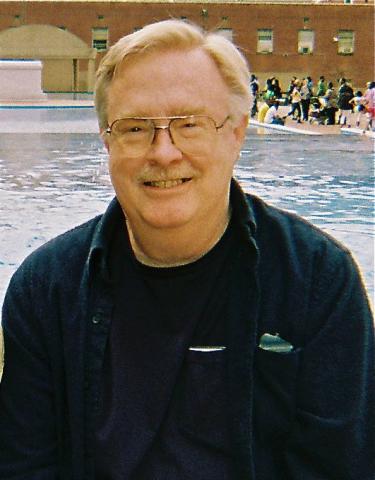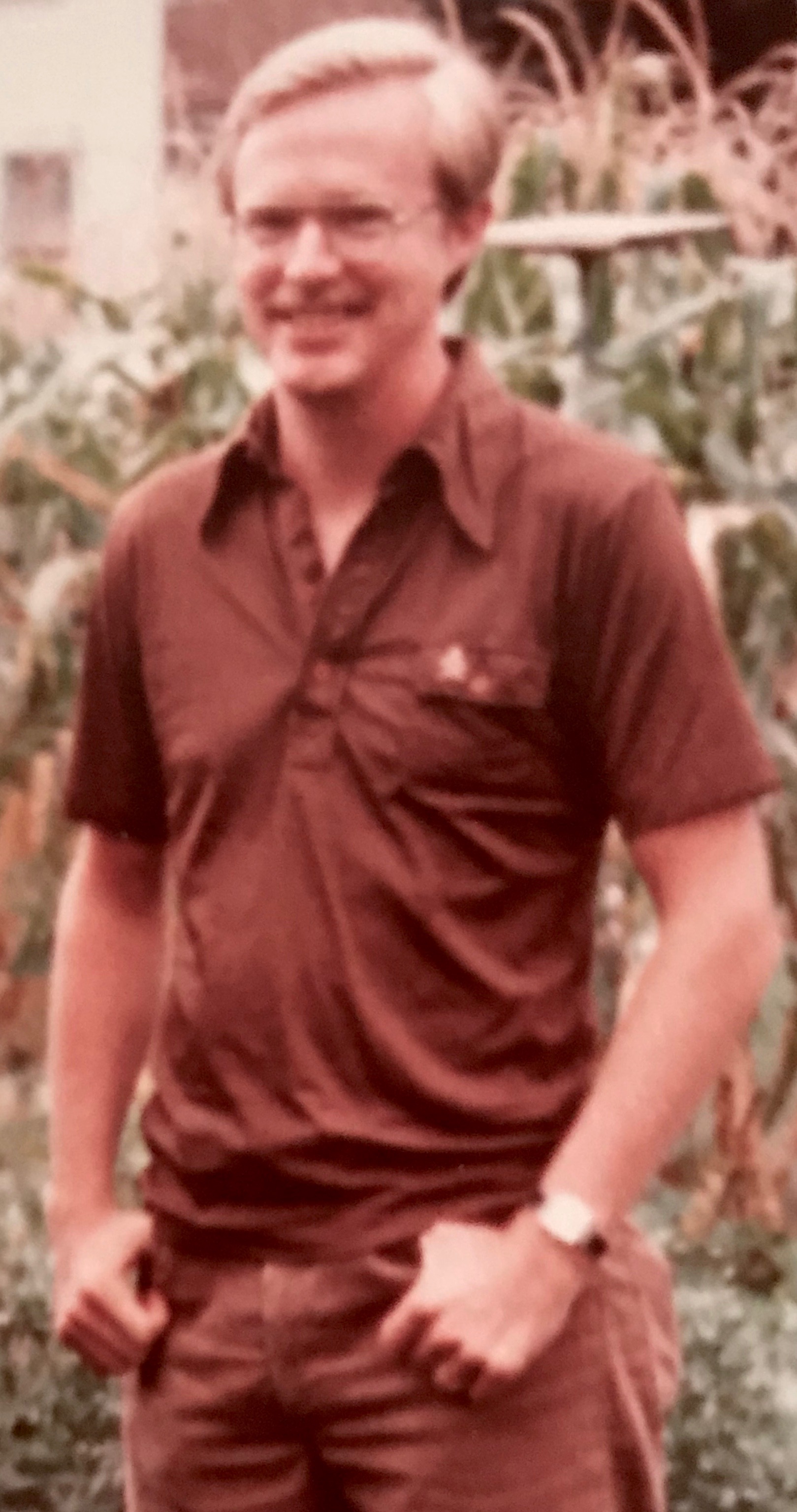Alumni Profile: Dr. William Anderson, First Social Work Doctoral Graduate at FSU

William (Bill) Anderson came out of the U.S. Army in 1972 looking for a social work MSW degree program. He had three to choose from, and it was the financial support FSU offered that first brought him to Tallahassee. It would be his experiences in the program and faculty support that made him stay.
Former faculty member Dr. Harris Goldstein encouraged Bill to pursue a doctoral degree. It was his fond memories as an MSW student and teaching assistant with faculty member Curtis Krishef that helped Bill decide to pursue his Ph.D. at FSU.
“There were three of us in the first cohort. We were soon joined by a second, larger cohort,” Bill said. “I guess we were a little light on peer support, but I was working long hours and married at the time.”
Bill was also challenged to find funding for his doctoral education. He found support through the assistantships offered at the College of Social Work and by working on a National Institute for Mental Health deinstitutionalization study going on at the time that was run by then-faculty Leila Deasy and Carolyn Steel. “I learned a lot in my program. In particular, Diane Bernard taught a seminar on academic administration,” Bill explained. “It ended up being helpful when I served as a department chair for fourteen years.”

In 1977, Bill became the first doctoral graduate from the Florida State University College of Social Work. He remembers warmly the supportive environment of the college and its faculty, including mentor and member of his doctoral committee, sociology professor Pat Martin.
He and his wife (Ph.D., Criminology) at the time were both finishing their doctoral degrees and were both hired by Minnesota State University. “I ended up staying at Minnesota State for the next forty years,” he jokes. “My standard explanation is that I wanted to escape the heat and humidity of Tallahassee by heading north and I overshot my mark.”
Over that span of time, Bill would experience the growth of a small social work undergraduate program within the sociology department into a separate department offering BSSW and MSW degrees. “I taught nearly every course in the curriculum at some point and retired a full professor. My two favorites were the undergraduate research courses and undergraduate interviewing skills course,” he reminisced. He served as the department’s chair for fourteen years and was a member of the Minnesota Board of Social Work (1987-1999).
Now Bill is enjoying retirement, especially traveling with his current wife. He continues to present workshops on ethics at regional and state conferences, serve on the board of several local agencies, consults, and chairs a regional social service association board.
He emphasized the importance of supporting social work students and scholarships. He recalls how much similar scholarships aided him while he pursued his social work degrees. “Without the support at FSU and the influence of excellent faculty, my career would have looked very different,” he said.

